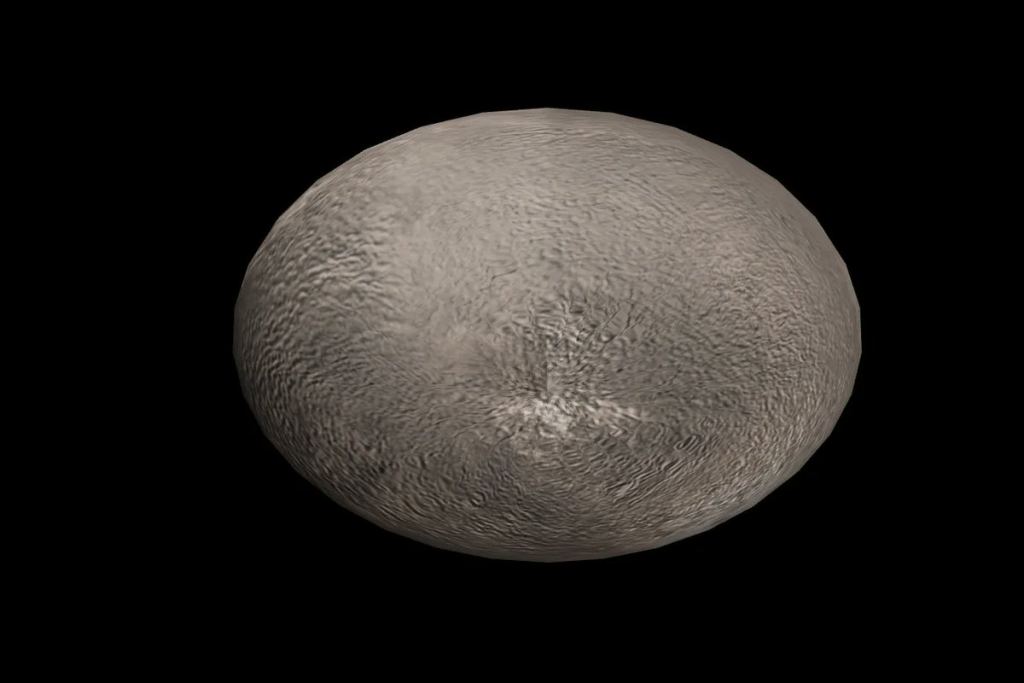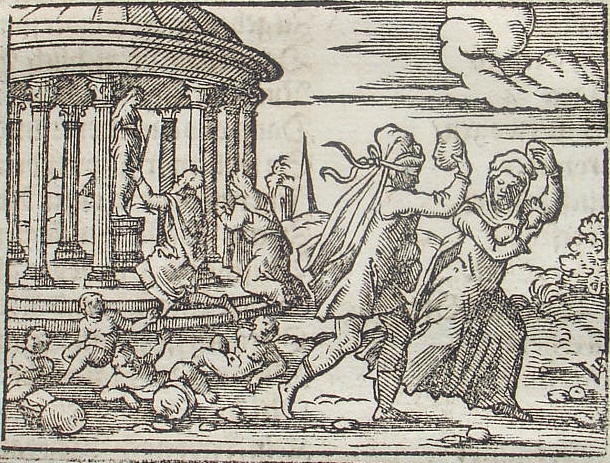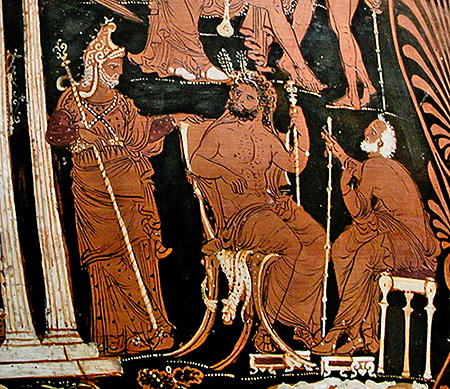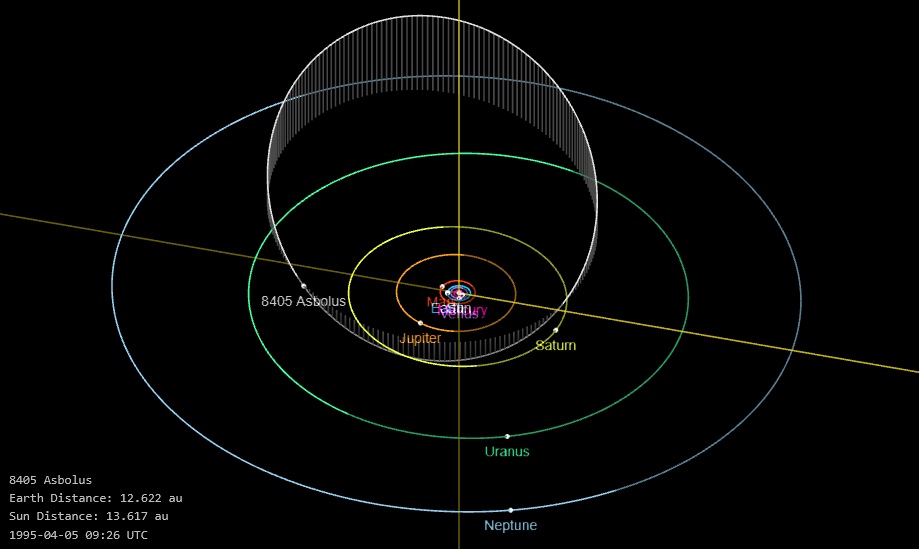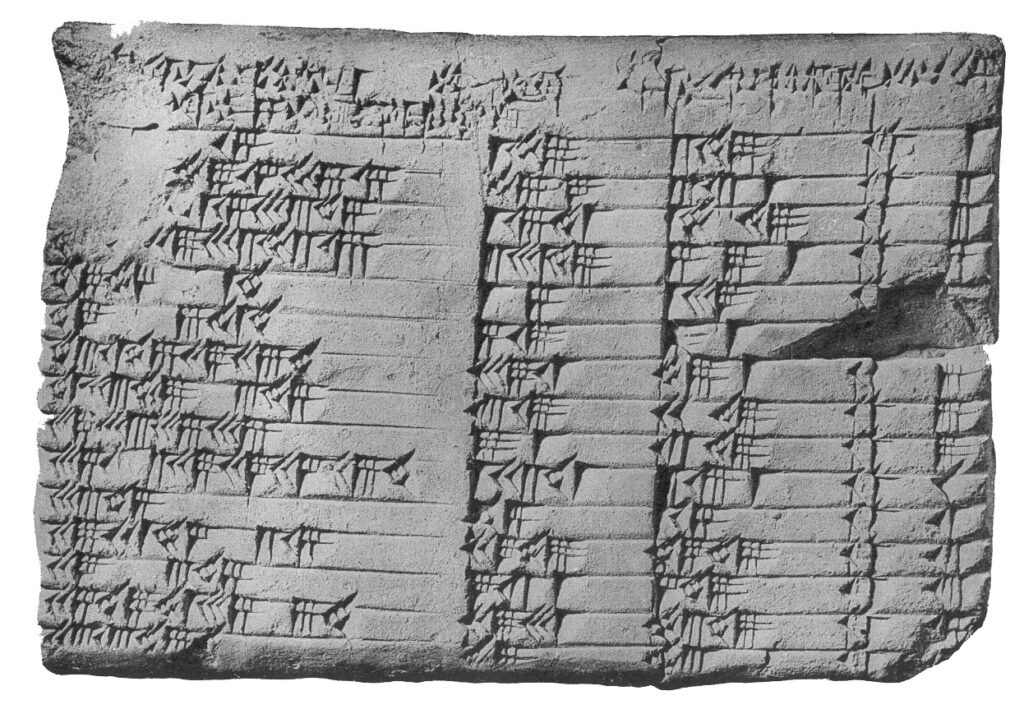Focus On: (471143) Dziewanna
Name origin: Slavic goddess of the wilderness, forests and the hunt. The name was chosen in 2018 to mark the discovery taking place during the Polish Optical Gravitational Lensing Experiment of Warsaw University, which was led by co-discoverer Andrzej Udalski.


